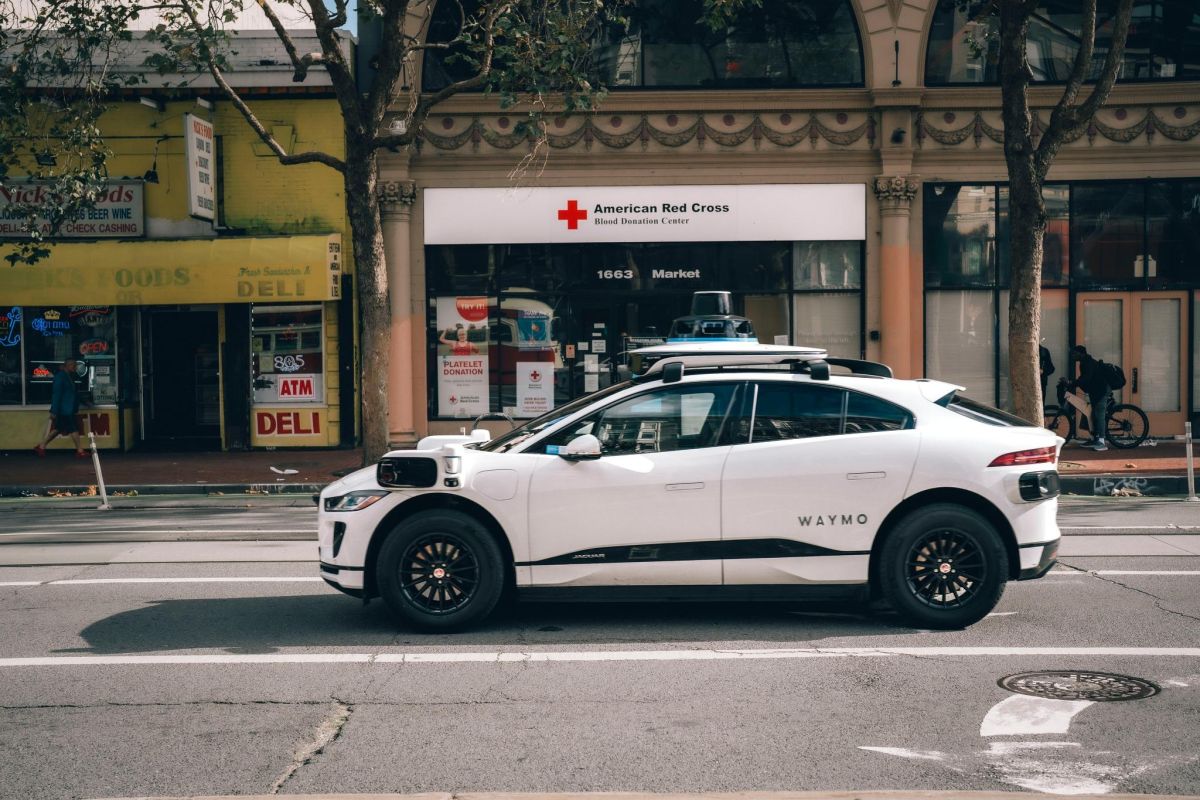Waymo has solidified its position as the leader in the U.S. robotaxi market, completing 4 million paid autonomous trips in 2024 -- a more than threefold increase compared to the previous year. The Alphabet-owned company currently operates in Phoenix, San Francisco and Los Angeles, with plans to expand both domestically and internationally.
Waymo has received a $5.6 billion investment from Alphabet, along with partnerships such as one with Geely for custom vehicles, and has announced intentions to expand into Austin, Atlanta and Tokyo, aiming to capitalize on a global ride-sharing market projected to reach $480.09 billion by 2032, according to Fortune Business Insights.
“Waymo’s progress is a testament to the scalability and adaptability of autonomous technology,” a CNBC report noted.
Despite its lead, Waymo faces increasing competition from companies like Tesla and Zoox, each with unique approaches to the robotaxi sector.
Tesla has unveiled the Cybercab and Robovan as part of its ambitious robotaxi plans. While the company has yet to launch a commercial service, it aims to leverage its existing fleet of vehicles, including the Model Y and Model 3, pending regulatory approval.
Amazon-owned Zoox, recognized for its toaster-shaped autonomous shuttles, has made progress by securing permits for public rides and expanding testing environments. Zoox’s focus on urban areas like San Francisco and Las Vegas positions it as a strong contender, albeit at a smaller scale than Waymo.
In contrast, General Motors recently announced the closure of its Cruise robotaxi division after investing $10 billion, shifting its focus to developing personal autonomous vehicles instead.
Waymo’s established operations and substantial investments have given it a significant lead, but the robotaxi market’s competitive dynamics suggest that challengers like Tesla and Zoox could disrupt the industry in the near future. For now, Waymo’s dominance highlights its ability to adapt to evolving market demands while maintaining technological superiority.












